Results
-
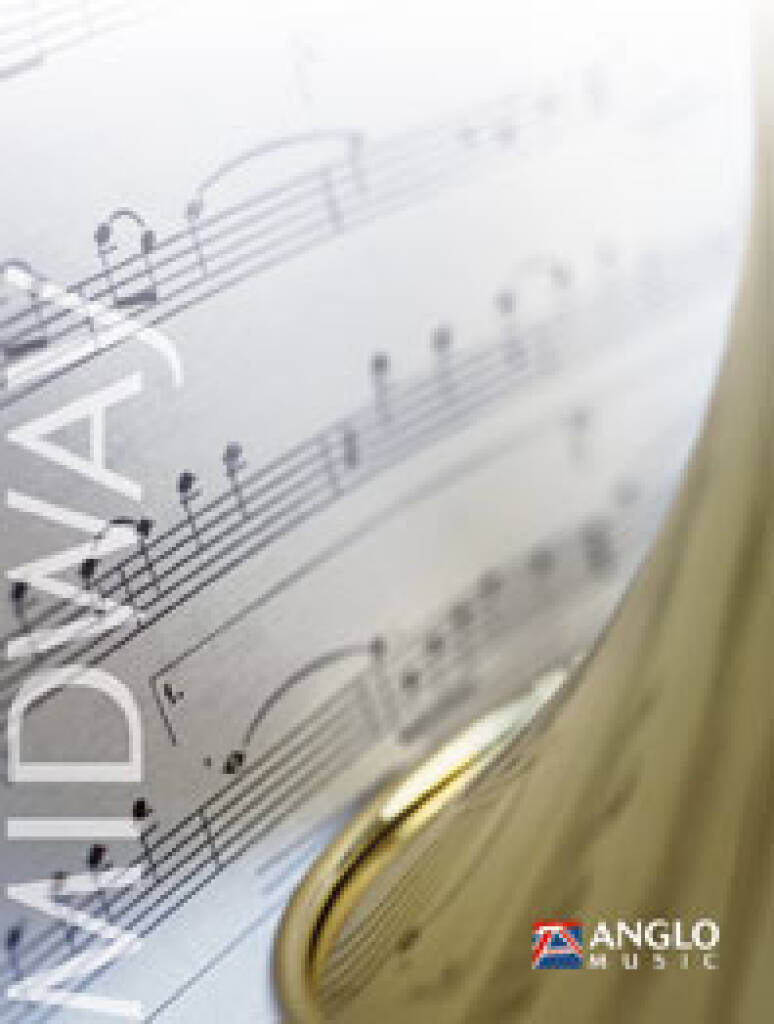 £59.99
£59.99Magga - Philip Sparke
The Four Noble Truths was commissioned by the Dutch National Brass Band Championships for their 2003 competition.The Four Noble Truths are the most basic expression of the teaching of Buddha and therefore still form the guidelines for Buddhists to this day. They concern themselves with Dukkha, which has no exact translation but can mean suffering, stress or sadness etc. Magga is The Noble Truth of the Path Leading to the Cessation of Dukkha - the Fourth Noble Truth - which gives us a description of eight disciplines which can help us eliminate the origins of stress from our lives.
Estimated dispatch 5-14 working days
-
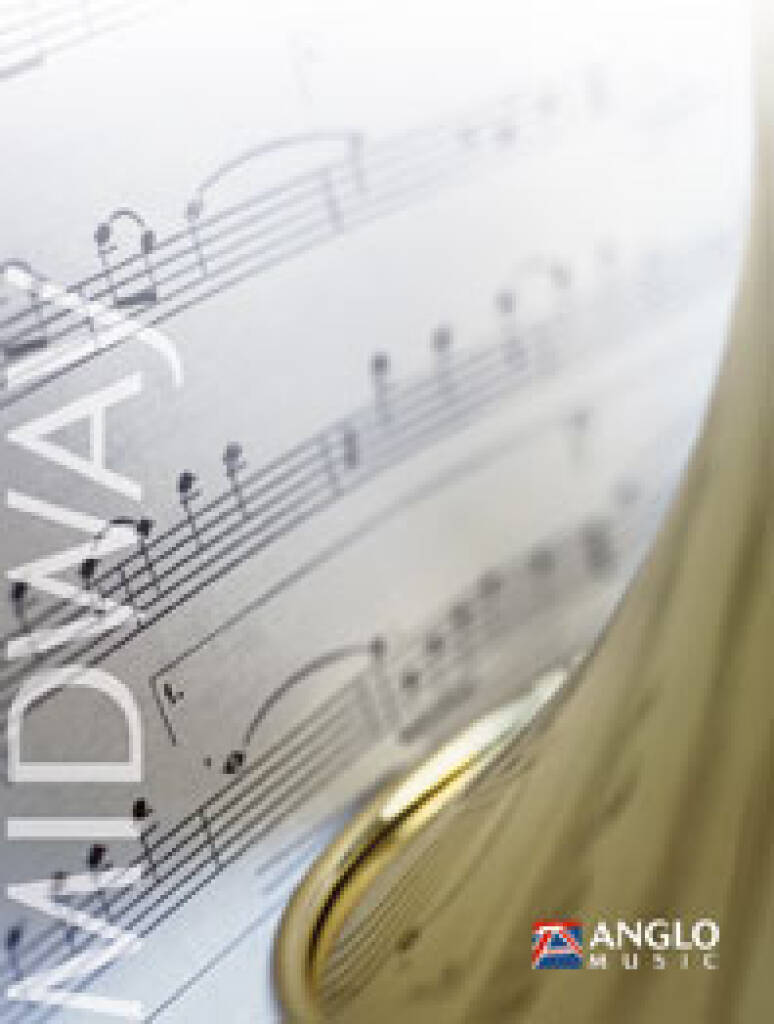 £59.99
£59.99Sheep May Safely Graze - Johann Sebastian Bach - Philip Sparke
The Hunt Cantata (No 208) is one of more than 20 secular cantatas. It contains the famous aria 'Sheep May Safely Graze', originally written for a rather large orchestra and mixed choir. Bring a little of the Baroque era to your concert with this first class arrangement by Philip Sparke.
Estimated dispatch 5-14 working days
-
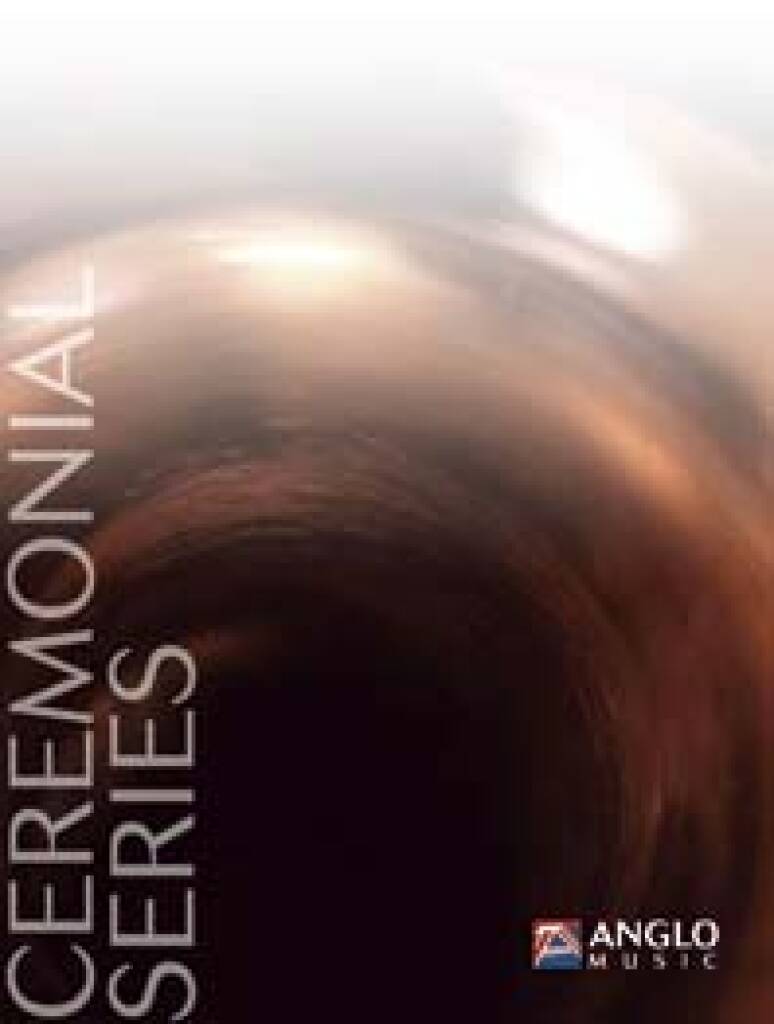 £59.99
£59.99Royal Salute - Philip Sparke
This march from Philip Sparke is in the tradition of the English ceremonial or concert march, such as the masterpieces written by Sir Edward Elgar and Sir William Walton. It attempts to continue this tradition with a march for intermediate band that has all the recognisable hallmarks such as broad melodies, counter melodies and a nobilmente trio.
Estimated dispatch 5-14 working days
-
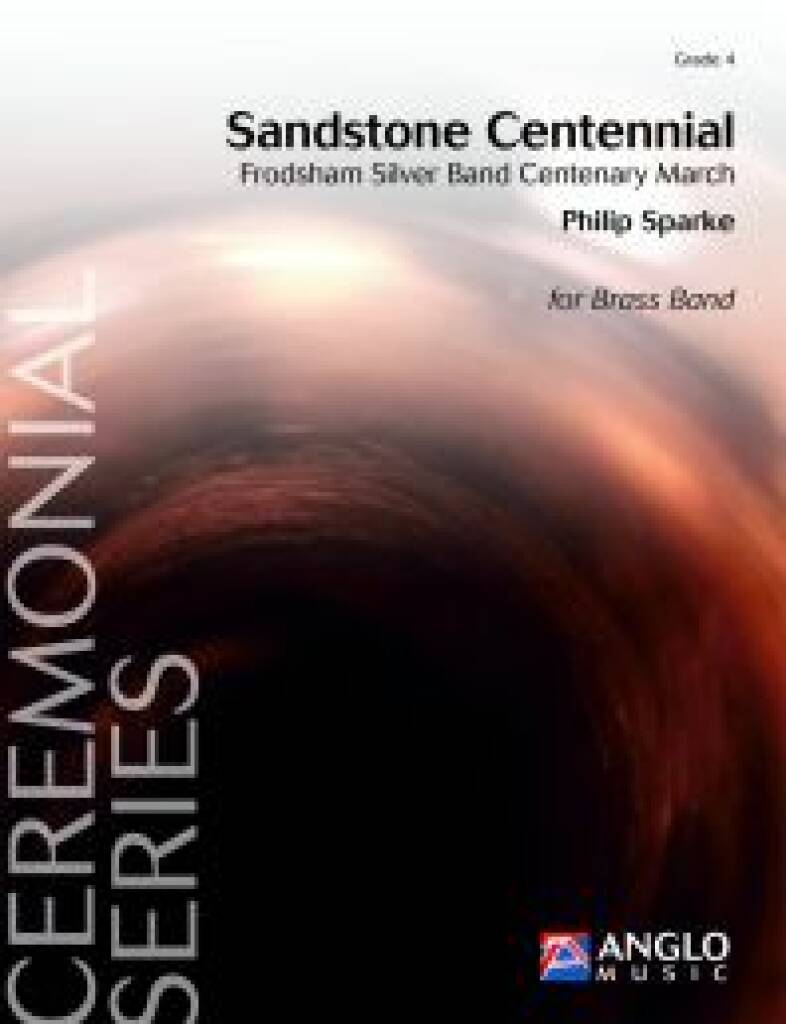 £59.99
£59.99Sandstone Centennial - Philip Sparke
Sandstone Centennial was commissioned by the Frodsham Silver Band from north-west England, to celebrate their centenary. The title refers to the fact that Frodsham is situated at one end of The Sandstone Trail, a hiking route which was opened in 1974 and traces a ridge of sandstone. The march is in traditional English 'contest march' style.
Estimated dispatch 5-14 working days
-
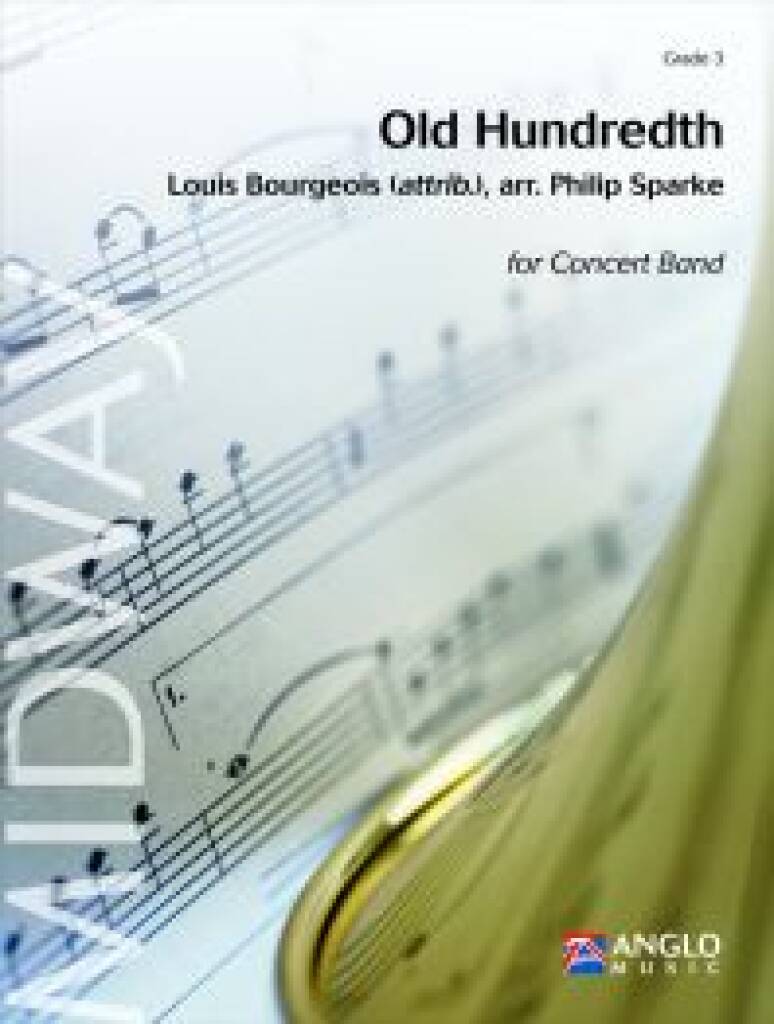 £59.99
£59.99Old Hundredth - Louis Bourgeois - Philip Sparke
The tune Old Hundredth is one of the best-known melodies in all Christian musical traditions and first appeared in the 1551 psalter "Pseaumes Octante Trois de David", where it is used as a setting for a version of Psalm 134; it is usually attributed to the French composer Louis Bourgeois (c.1510 - c.1560). The melody was then used in 1561 by the Scots clergyman, William Kethe in Sternhold and Hopkins' Psalter for his paraphrase of Psalm 100 - All People that on Earth do Dwell, which is still the most familiar hymn sung to this noble tune. When Tate and Brady's "New Version of the Psalms" was published in 1696, the melody became know as the 'old' version - henceits current title. This arrangement presents three contrasting verses and is effective as a concert piece as well as an instrumental interlude as part of a church service or wedding.
Estimated dispatch 5-14 working days
-
£60.99
You've Got A Friend - Carole King - Juri Briat
The absolute top slow number of the Eighties sung by Roberta Flack. She is not perhaps so well known among younger people, but she has her place in history as one of the absolute divas of the world. Back into time, the interlude in your concerts.
Estimated dispatch 5-14 working days
-
£54.99
O My Beloved Father - Giacomo Puccini - Georges Moreau
This splendid solo, the aria "O, Mio Babbino Caro" from Puccini's opera "Gianni Schicchi", was arranged by Georges Moreau for Ben Haemhouts, who for many years has been the principal euphonium with the Belgian band "Brassband Midden Brabant". This solo is quite simple and is a real enrichment of the euphonium repertoire. Also for saxophone solos or horn solos.
Estimated dispatch 5-14 working days
-
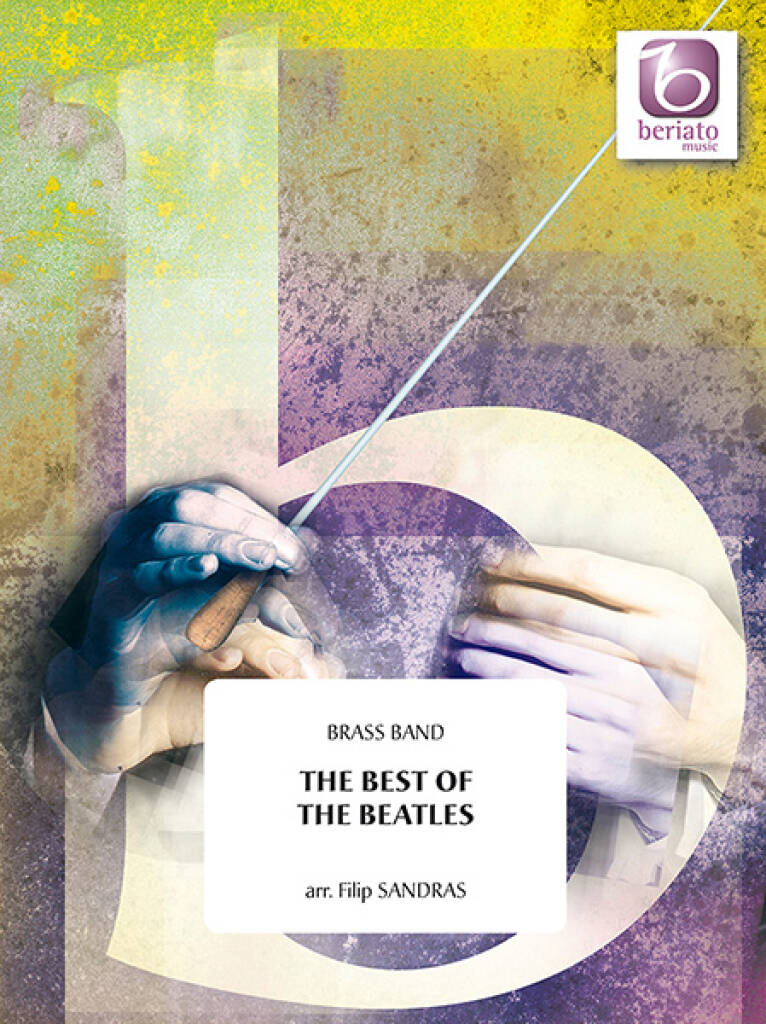 £76.99
£76.99The Best Of The Beatles - Filip Sandras
The Beatles, the most timeless and legendary pop group ever, made history with an endless series of world hits that are still loved today. Filip Sandras has made a fluent arrangement out of "Eleanor Rigby", "We can Work it Out", "Get Back" and "Hey Jude" that can be played by every orchestra.
Estimated dispatch 5-14 working days
-
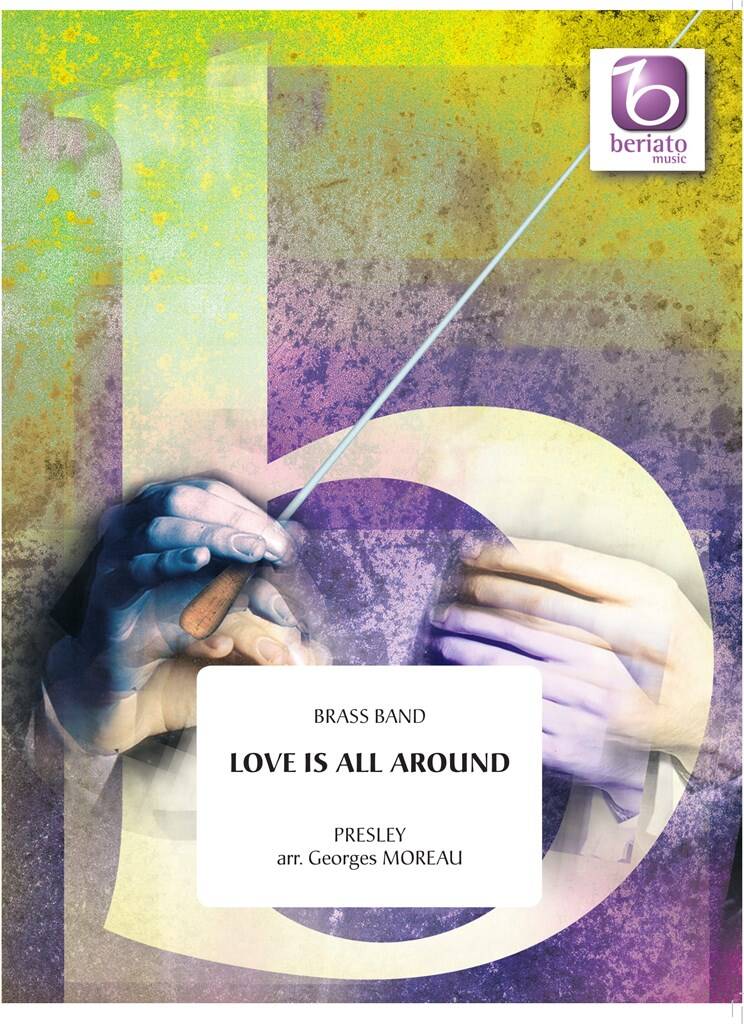 £60.99
£60.99Love Is All Around - Reg Presley - Georges Moreau
One of the biggest hits of WetWetWet has been arranged in an excellent way by George Moreau. 'Love is all around' will certainly please the young audience.
Estimated dispatch 5-14 working days
-
£60.99
Evergreen - Barbra Streisand - Georges Moreau
In addition to being an actress, Barbara Streisand is chiefly known as the singer of beautiful ballads. This "Evergreen" arranged for saxophone and band is probably the most famous song sung by this diva.
Estimated dispatch 5-14 working days
